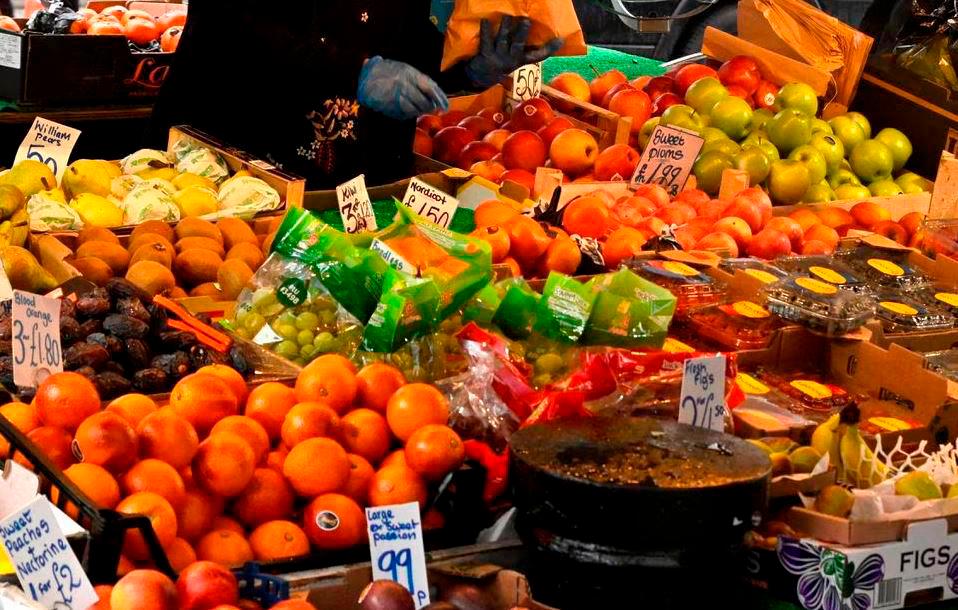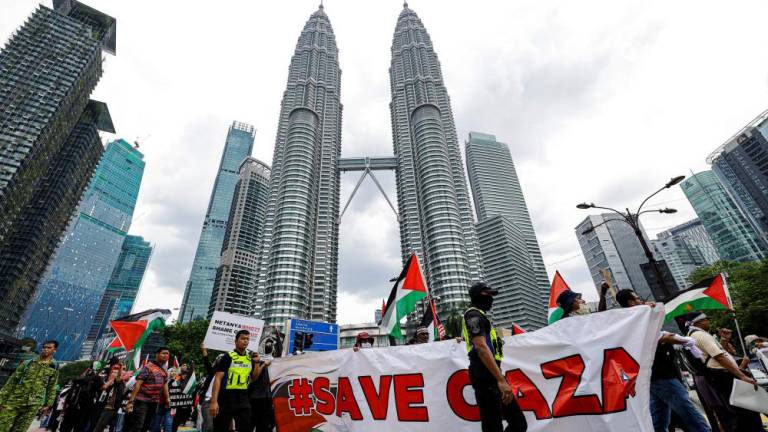LONDON: British finance minister Jeremy Hunt stressed Friday that his Conservative government's priority was tackling high inflation, even at the expense of a recession.
With Britons facing a cost-of-living crisis, Prime Minister Rishi Sunak has vowed to halve UK inflation this year -- although much is down to central bank policy and market forces.
“It is a big task, but we must deliver it and we will even if it means precipitating a recession,“ Hunt told Sky News in reference to Sunak’s pledge.
He added: “In the end, inflation is a source of instability, and if we want to have prosperity, if we want to grow the economy... we have to support the Bank of England in the difficult decisions that they take.”
The BoE this month lifted its key interest rate to 4.50 percent, its 12th increase in a row as it seeks to dampen inflation, but risks worsening the squeeze on living standards.
Retail lenders tend to match the central bank's increases to borrowing costs, sparking higher loan repayments and denting economic activity.
Data showed this week UK inflation slowed to a 13-month low in April, but remains elevated at 8.7 percent as soaring food prices offset weaker energy costs.
The rate is still more than four times the BoE's official 2.0-percent target.
Core inflation -- which is also closely watched by the BoE and strips out volatile energy and food costs -- accelerated to 6.8 percent or the highest since 1992.
That cemented expectations of another BoE interest-rate hike, with some investors predicting it could reach 5.5 percent by year-end.
The news sent the UK government's long-term borrowing costs higher.
The yield on the 10-year UK government bond rose Friday to 4.383 percent.
It had spiked to almost 4.64 percent in October following unfunded tax cuts that sank the short-lived administration of Sunak's predecessor Liz Truss.
Over the past year, Britain has been plagued by strikes as high inflation erodes the value of wages. - AFP













